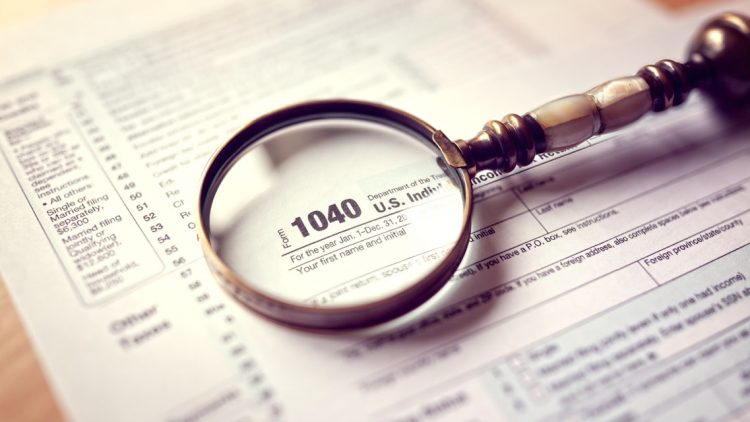What’s New For Tax Filing 2021
This is from IR-2020-272 published by the IRS on December 8, 2020 advising tax payers on new features when filing their taxes in 2021. Read on to learn more:
This year, there are some key items to consider involving credits, deductions and refunds:
Recovery Rebate Credit/Economic Impact Payment. Taxpayers who received an Economic Impact Payment, should keep Notice 1444, Your Economic Impact Payment, with their 2020 tax records. They may be eligible to claim the Recovery Rebate Credit on their tax year 2020 federal income tax return if:
- they didn’t receive an Economic Impact Payment, or
- their Economic Impact Payment was less than $1,200 ($2,400 if married filing jointly for 2019 or 2018), plus $500 for each qualifying child they had in 2020.
If a taxpayer didn’t receive the full amount of the Economic Impact Payment for which they were eligible, they may be able to claim the Recovery Rebate Credit when they file in 2021. Individuals do not need to complete information about the Recovery Rebate Credit on tax year 2020 Form 1040 or 1040-SR when filing in 2021, unless eligible to claim an additional credit amount.
Interest on refunds taxable. Taxpayers who received a federal tax refund in 2020 may have been paid interest. Refund interest payments are taxable and must be reported on federal income tax returns. In January 2021, the IRS will send Form 1099-INT to anyone who received interest totaling $10 or more.
Charitable deduction changes. New this year, taxpayers who don’t itemize deductions may take a charitable deduction of up to $300 for cash contributions made in 2020 to qualifying organizations. For more information, read Publication 526, Charitable Contributions.
Refunds. The IRS always cautions taxpayers not to rely on receiving a refund by a certain date, especially when making major purchases or paying bills. Some returns may require additional review and processing may take longer. For example, the IRS, along with its partners in the tax industry, continue to strengthen security reviews to help protect against identity theft and refund fraud. Just like last year, refunds for tax returns claiming the Earned Income Tax Credit or Additional Child Tax Credit, cannot be issued before mid-February. This applies to the entire refund, even the portion not associated with these credits.
The IRS reminds taxpayers that the fastest and safest way to receive a refund is to combine direct deposit with electronic filing including the IRS Free File program. Taxpayers can track their refund using the Where’s My Refund? tool.
Tax Settlement in Mesa, Arizona
If you need IRS Debt Help, Tax Debt Settlements or Tax Debt Advising in Phoenix, Mesa or anywhere else, Tax Debt Advisors can help! Give us a call at 480-926-9300 or fill out our contact form for a free consultation.

